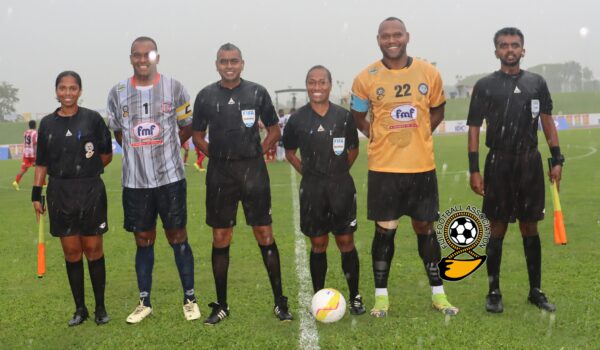A 23-year-old Russian man recently shared his unconventional approach to finding love online. Alexander Zhadan gained attention in the Russian-speaking community a year ago when he revealed he wrote an academic thesis using ChatGPT in just 23 hours. Now, he has made headlines again for using the same AI tool to sift through thousands of dating profiles, seeking guidance to identify the best matches that eventually led him to his future wife.
Zhadan’s journey, narrated through a series of posts on X/Twitter, has sparked a debate on the ethical aspects of employing AI for love connections. While acknowledging that his story might influence perceptions of online dating, the 23-year-old emphasized the limitations of ChatGPT. Despite relying on the AI’s tips, he found it necessary to personally engage and connect with his dates.
The unconventional approach stemmed from Zhadan’s frustration with popular dating apps like Tinder, where potential matches would often vanish after initial interactions. Fueled by his familiarity with ChatGPT, he sought a more efficient method to enhance his online dating experience.
Zhadan initiated the process by employing ChatGPT to analyze an extensive 5,239 women’s dating profiles. He implemented various filters, excluding profiles with fewer than two photos, references to astrology or religion, pro-war statements, and overly revealing photos. Zhadan considered this step crucial to streamline interactions, ensuring that both he and the potential matches did not invest time needlessly.
The challenging phase followed, involving the training of ChatGPT to engage in conversations on his behalf with the remaining potential matches. In an interview with Settlers Media, Alexander disclosed that achieving a satisfactory level took approximately 120 hours of dedicated work. To accomplish this, he input his previous conversations with girls, established response validation, and closely monitored the tool. Despite his efforts, the experience was not flawless…
During the unconventional dating experiment, there were instances where ChatGPT’s actions led to unexpected and regrettable situations. On one occasion, the AI set up a date with a girl without informing Zhadan, resulting in the girl waiting for him for over an hour and a half—an experience he sincerely regrets. Another incident involved the AI scheduling a date in Moscow’s Bitsa Park, a forest with a dark history as the dumping ground for victims of an infamous serial killer in the 2000s. These unpredictable outcomes highlighted the imperfections and limitations of relying solely on AI for such sensitive matters.








